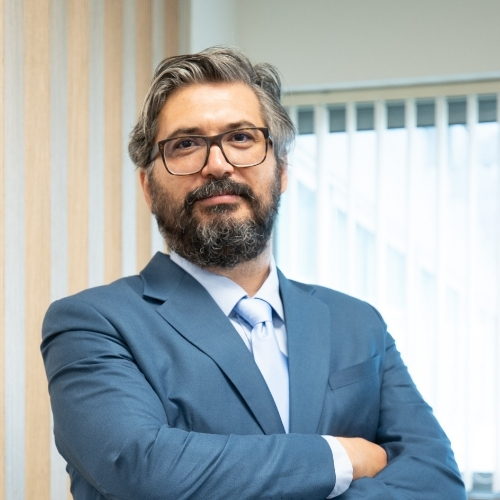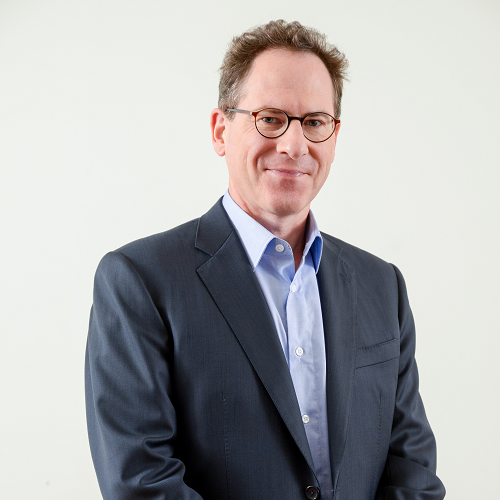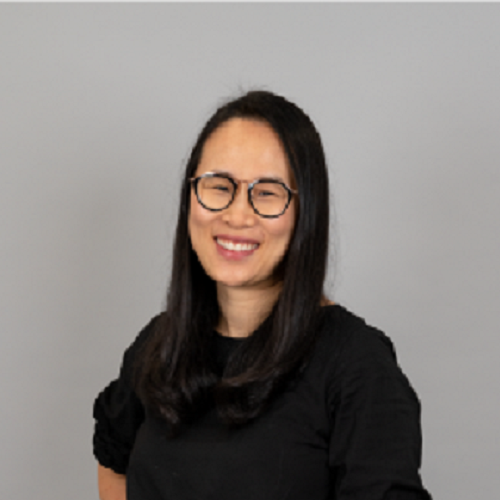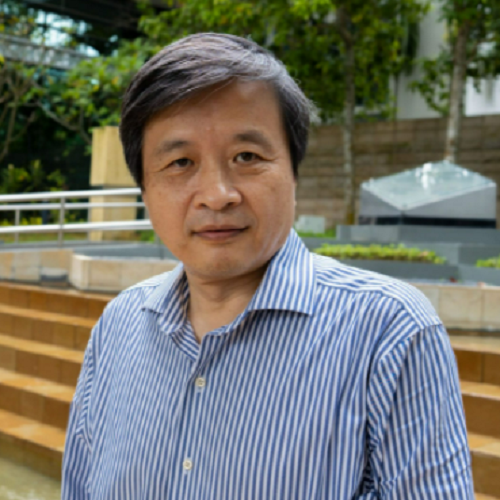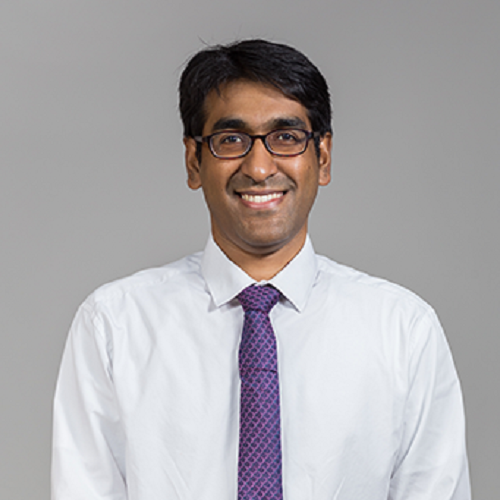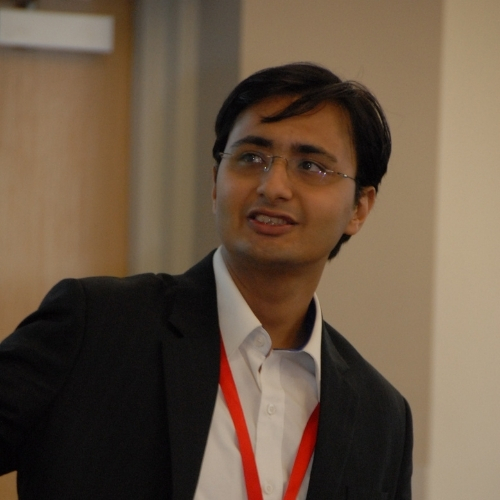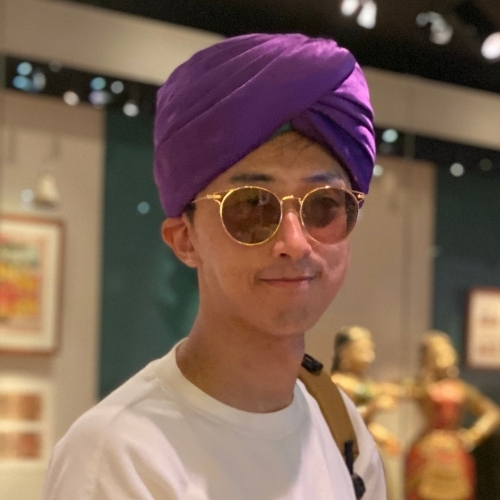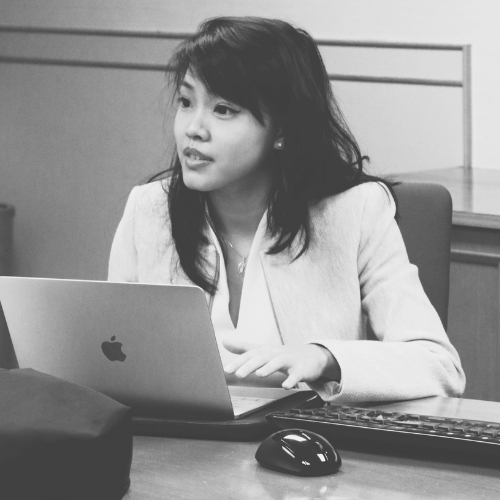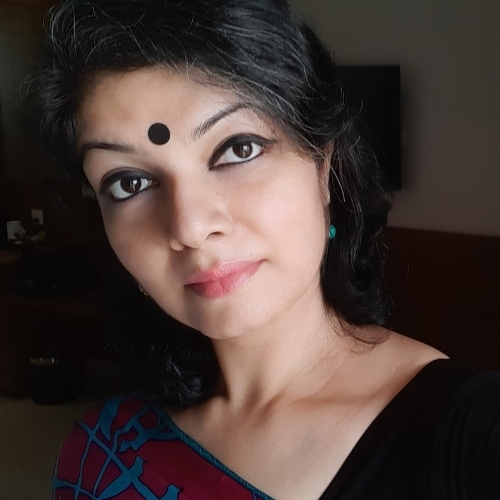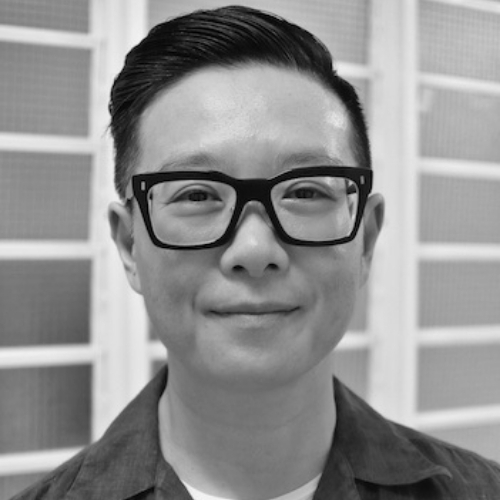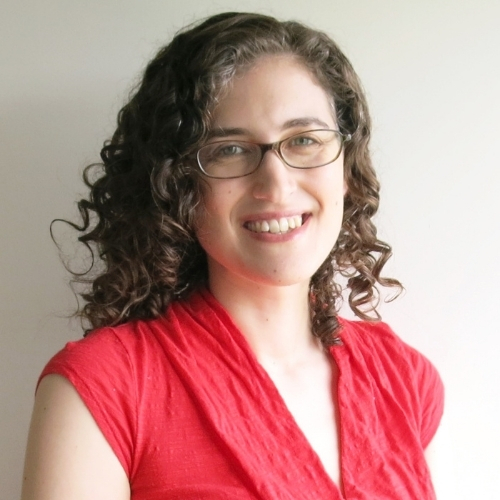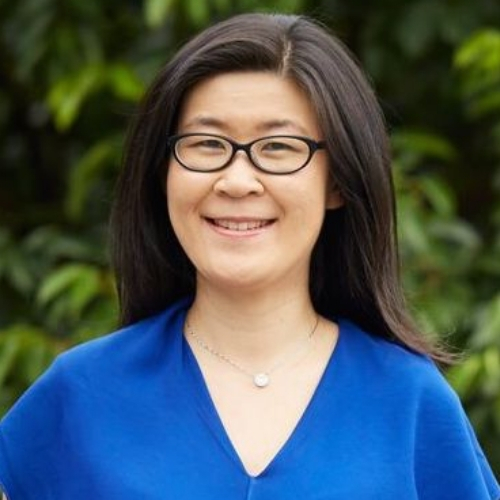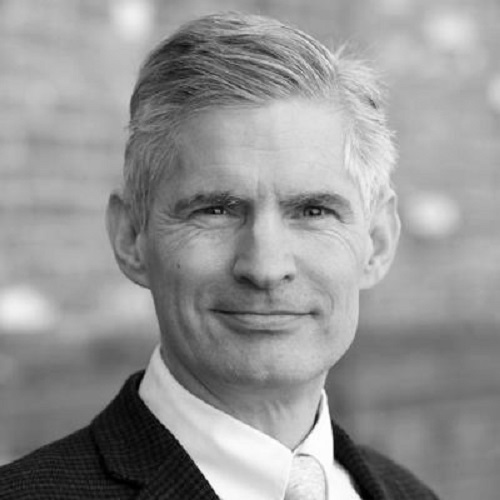Keynote: Accelerating the discovery of next-generation medicines for human disease

Professor Ashok Venkitaraman
Director, Cancer Science Institute of Singapore
Distinguished Professor of Medicine, Yong Loo Lin School of Medicine, NUS
Director, NUS Center for Cancer Research
Programme Director, Agency for Science, Technology & Research (A*STAR)
Professor Ashok Venkitaraman is the Director of the Cancer Science Institute of Singapore, and a Distinguished Professor of Medicine at NUS Yong Loo Lin School of Medicine, a member of the National University Health System (NUHS). He holds a joint appointment at the Agency for Science, Technology and Research (A*STAR).
Prof Venkitaraman’s research has contributed fundamentally to our understanding of how cancer is suppressed by genes that maintain the integrity of DNA in the human genome. His laboratory is recognized for the discovery that mutations in the breast and ovarian cancer gene, BRCA2, provoke genome instability leading to carcinogenesis. Prof Venkitaraman now seeks to achieve a deeper understanding of the steps that underlie carcinogenesis, in order to find new strategies to intercept cancer development well before the disease reaches an advanced and hard-to- treat stage. He has developed new technologies to target previously ‘undruggable’ targets, and is a serial biotech entrepreneur, most recently as a founder of PhoreMost Ltd.
Prof. Venkitaraman has been elected a Fellow of the Academy of Medical Sciences, London, and as a member of EMBO.
Our knowledge of the genetic and biochemical basis for many human diseases, ranging from cancer to new viral infections, has exploded in recent years. Alongside, innovative technologies that combine biological, chemical and mathematical methods are emerging, which promise to accelerate the translation of this new knowledge into next-generation medicines. Professor Ashok Venkitaraman will discuss his laboratory’s research on drug discovery, and explore the opportunities and promise of graduate studies (particularly PhD research) in this exciting area.


